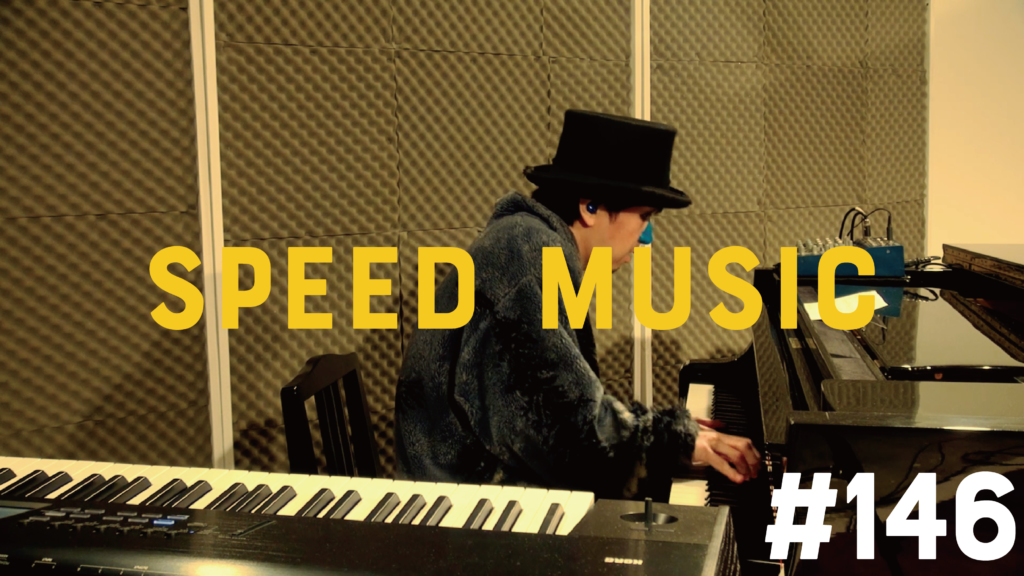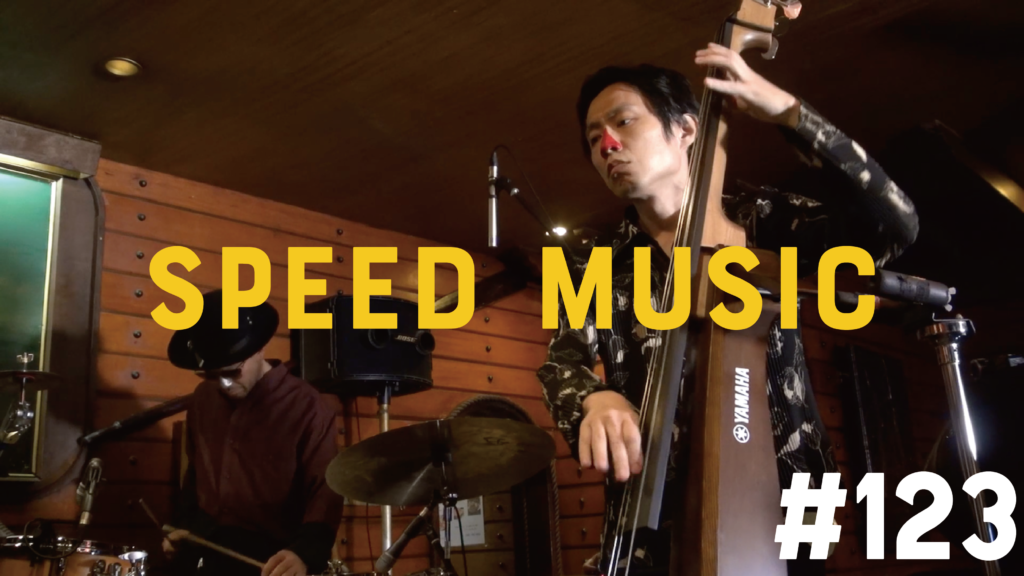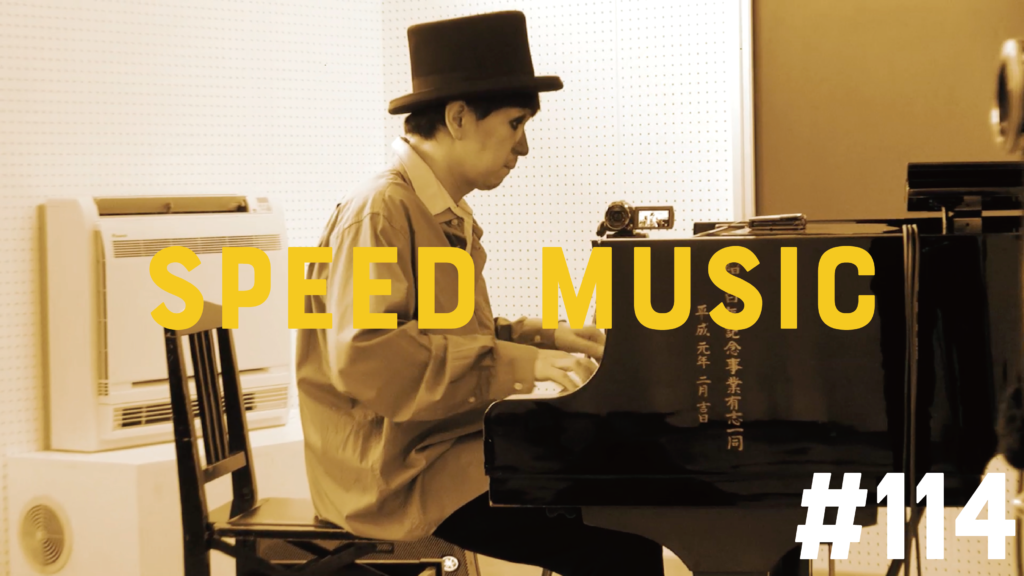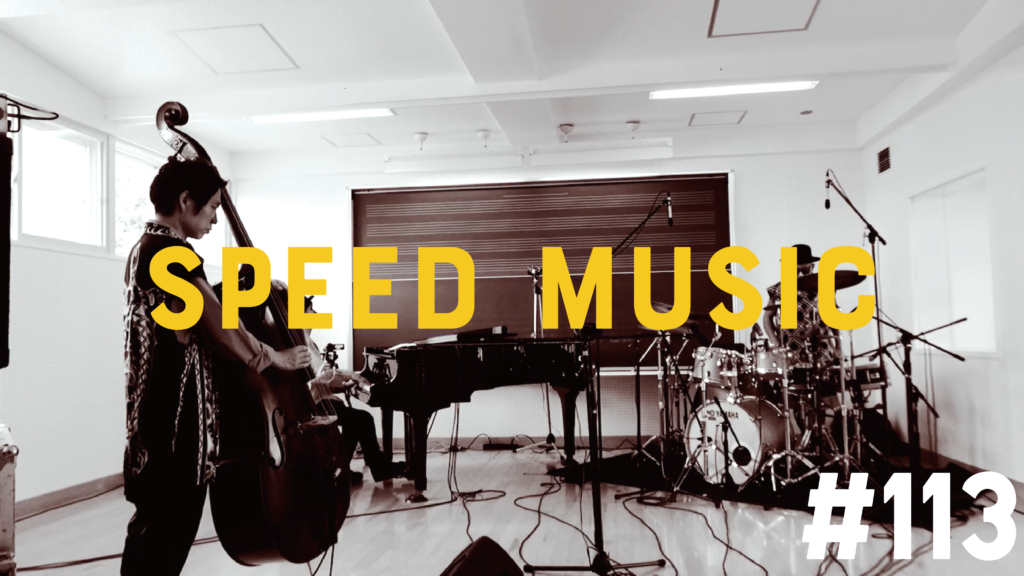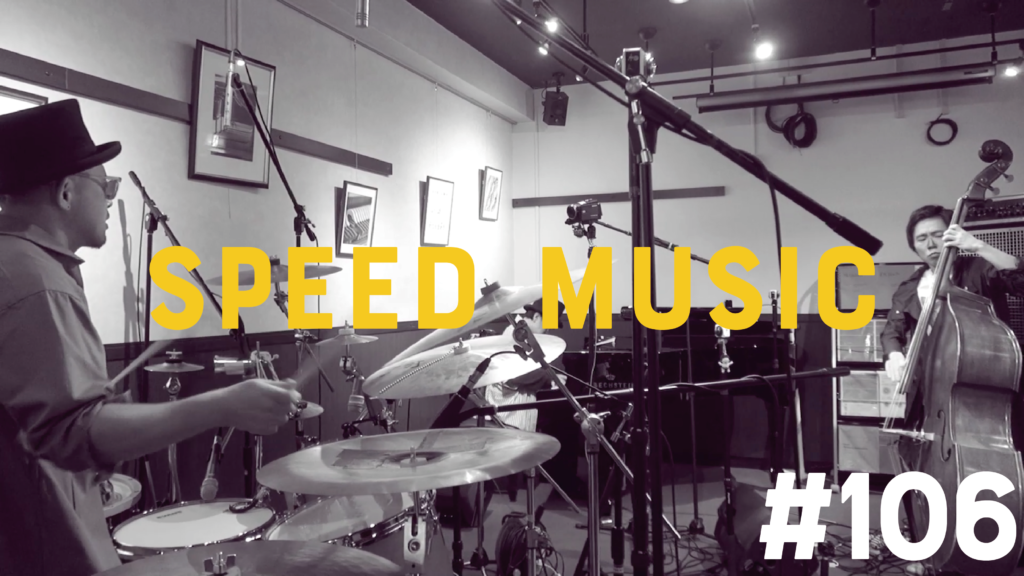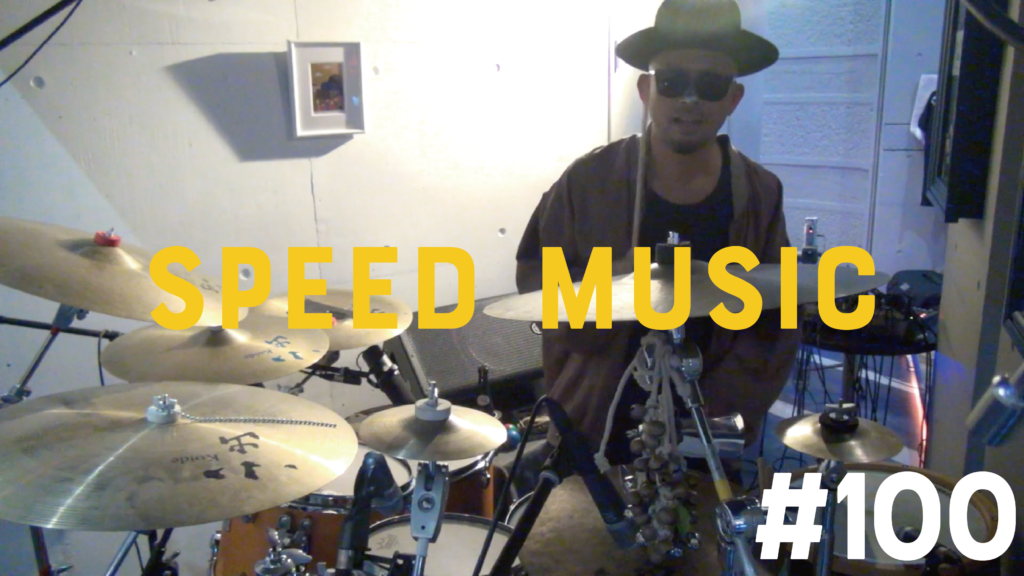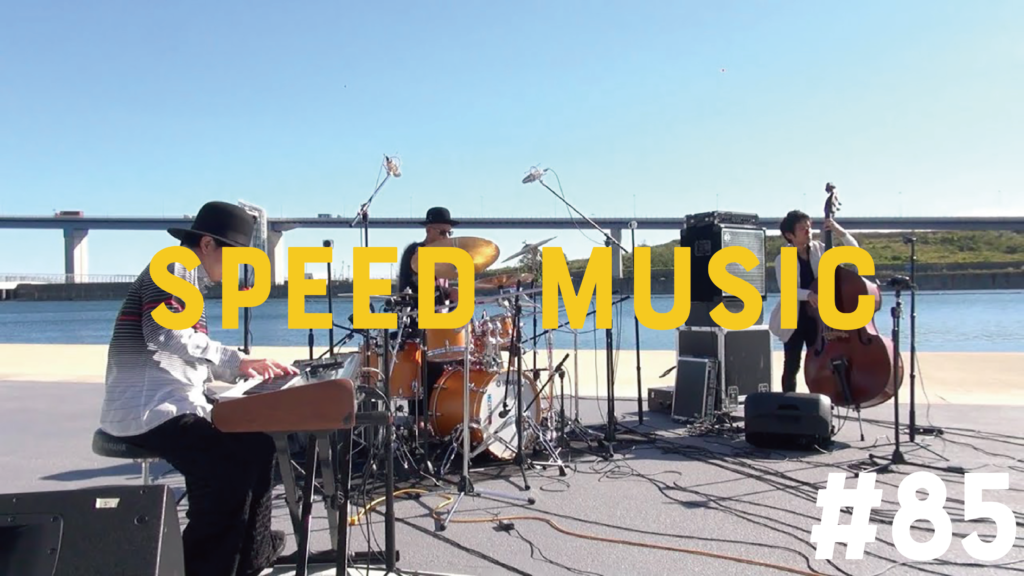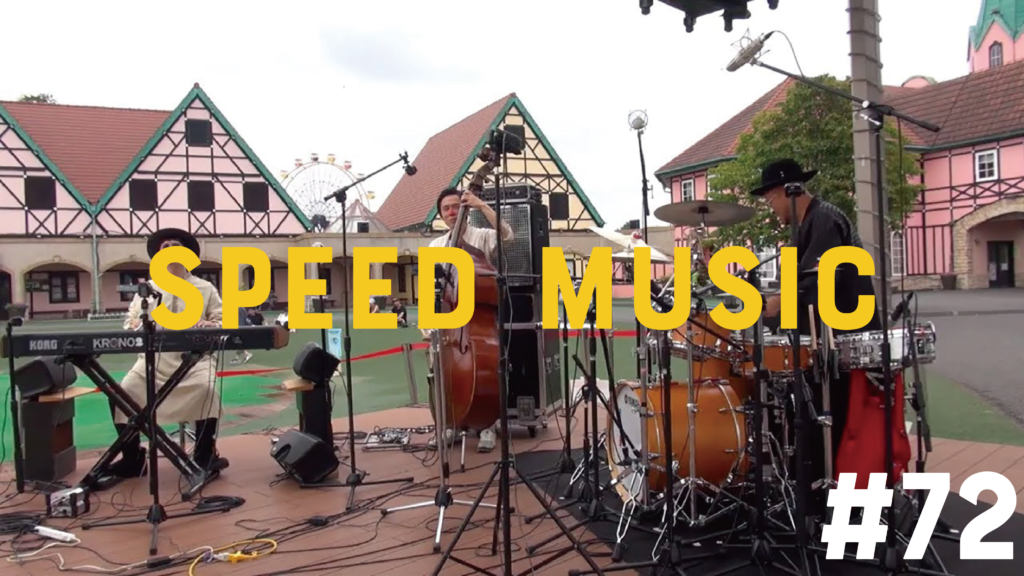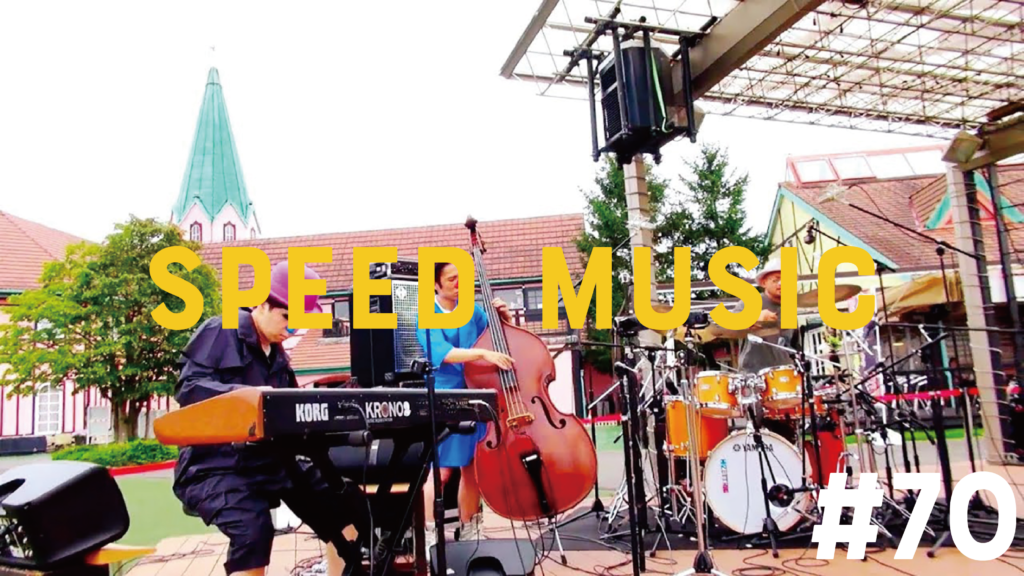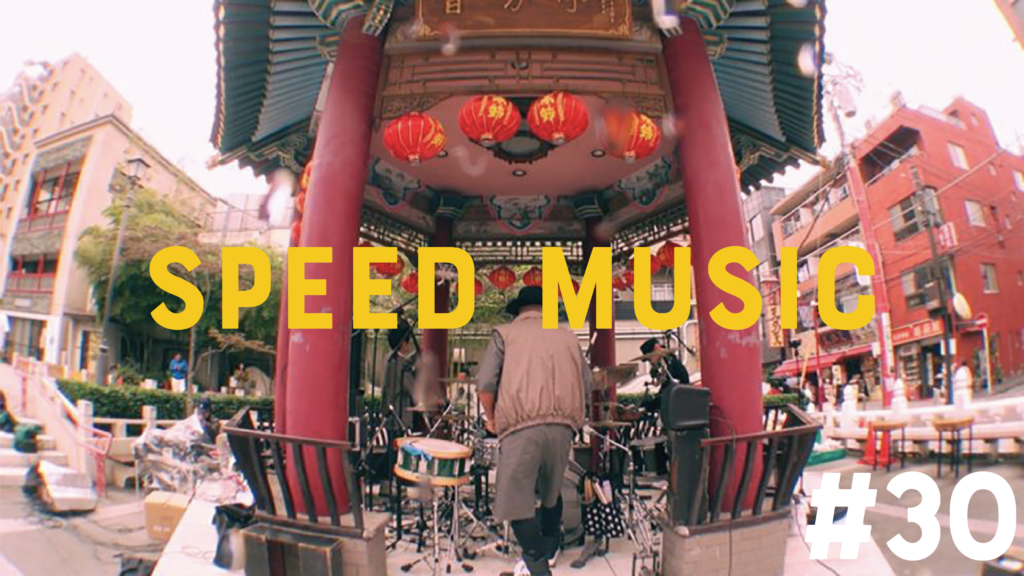#106 ワダツミの木 / 元ちとせ by H ZETTRIO
鹿児島県奄美大島出身の歌手、元ちとせのデビューシングル。ノンタイアップであったが、オリコンシングルチャートでは初登場19位を記録。4週目に週間TOP10入りしてからもロングヒットを続け、発売から約2ヵ月後の4月22日付で同チャート1位を獲得した。「ワダツミ」とは、日本神話に登場する海の神である。作詞を手がけた上田現によると、歌詞の内容は「ある女性が、人を好きになるあまり花になってしまう」物語であるという。(フリー百科事典 ウィキペディア日本語版より:https://x.gd/SjFsi)
The debut single by Moto Chitose, a singer from Amami Oshima, Kagoshima Prefecture. Although it was a non-tie-up, it debuted at number 19 on the Oricon singles chart. It continued to be a long hit even after entering the weekly top 10 in the fourth week, reaching number one on the chart on April 22nd, about two months after its release. ''Wadatsumi'' is a sea god that appears in Japanese mythology. According to Gen Ueda, who wrote the lyrics, the lyrics tell the story of ``a woman who falls in love with someone so much that she turns into a flower.'' (From the Japanese version of Wikipedia, the free encyclopedia: https://x.gd/SjFsi)

